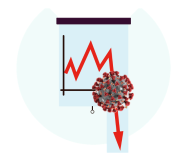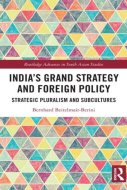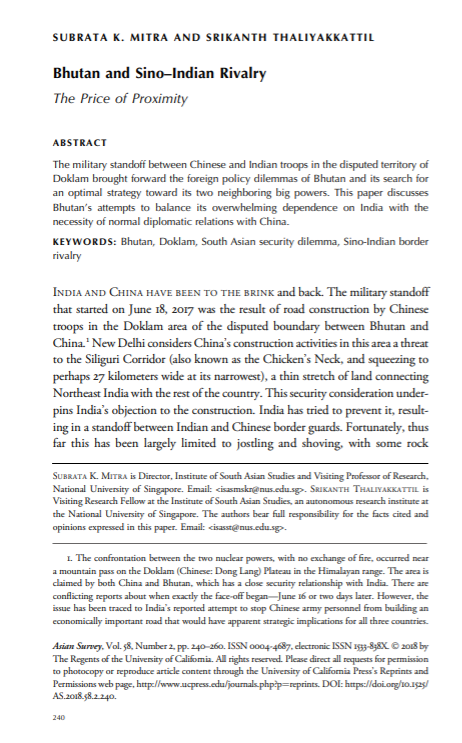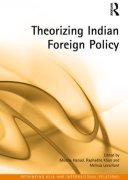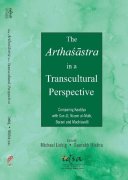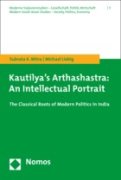International Relations and Strategic Culture
2021
Bernhard Beitelmair-Berini “India’s Grand Strategy and Foreign Policy Strategic Pluralism and Subcultures” (Routledge: London, 2021) |
||
|
Dr. Bernhard Beitelmair-Berini, who is an associate member of the South Asia Institute (SAI), Department of Political Science, has published a book “India’s Grand Strategy and Foreign Policy. Strategic Pluralism and Subcultures” by Routledge. The book was released as part of the Routledge Advances in South Asian Studies series. Read this article here.
|
||
2018
Subrata Kumar Mitra and Srikanth Thaliyakkattil, “Bhutan and Sino–Indian Rivalry: The Price of Proximity”, Asian Survey, Vol. 58 No.2 (2018): 240-260. |
|
|
|
The military standoff between Chinese and Indian troops in the disputed territory of Doklam brought forward the foreign policy dilemmas of Bhutan and its search for an optimal strategy toward its two neighboring big powers. This paper discusses Bhutan’s attempts to balance its overwhelming dependence on India with the necessity of normal diplomatic relations with China. The article is available here. |
2017
Bernhard Beitelmair-Berini, Theorizing Indian Strategic Culture(s): Taking Stock of a Controversial Debate, in Mischa Hansel, Raphaelle Khan and Melissa Levaillant, Theorizing India’s Foreign Policy, (New York and London: Routledge, 2017). |
|
|
The book "Theorizing India’s Foreign Policy” recently published by Routledge, has a chapter by Bernhard Beitelmair-Berini (PhD researcher and lecturer at the Department of Political Science of the SAI) on “Theorizing Indian Strategic Culture(s): Taking Stock of a Controversial Debate“. The chapter by Bernhard Beitelmair-Berini takes issue with the popular notion of a strategic culture deficit in India. He argues that at least four strategic subcultures compete with each other in Indian foreign policy discourses: Nehruvian, Liberal Globalist, Leftists and Hindu Revivalist. These schools of thinking originate from, (re)interpret and/or mix a vast array of ancient, pre- and post-independence intellectual sources. This chapter ultimately highlights the need to foster a discussion between the social sciences and the humanities, particularly literature and language studies, in order to theorise traditions of strategic thought on India. “Theorizing Indian Foreign Policy” draws together the study of contemporary Indian foreign policy. For more information please click here. |
|
Michael Liebig and Saurabh Mishra, eds., The Arthashastra in a Transcultural Perspective: Comparing Kautilya with Sun-Zi, Nizam al-Mulk, Barani and Machiavelli, (New Delhi: Pentagon Press, 2017). |
|
|
|
The edited volume The Arthaśātra in a Transcultural Perspective: Comparing Kautilya with Sun-Zi, Nizam al-Mulk, Barani and Machiavelli is the product of a collaborative research effort by the Institute for Defence Studies and Analyses (IDSA), New Delhi; South Asia Institute (SAI), Heidelberg University; and Institute of South Asian Studies (ISAS), National University Singapore. Political Science and International Relations are still predominantly Eurocentric and based on European intellectual resources, while India, with a long civilisational and philosophical history, is credited with no contribution to the evolution of the Political Science and IR theory. Notably, Kautilya’s Arthaśātra, a foundational text of Political Science and IR theory, has, so far, been ignored or marginalized in these disciplines. The volume explores the conditions of the possibility of a ‘migration’ of Kautilyan thought-figures from South Asia to the Mediterrean. In this idea-migration – and hybridization -- across cultural and historical spaces, pre-Islamic and Islamic Persianate cultural space is of special significance. The chapters with authors are: ‘Introduction’ by Michael Liebig and Saurabh Mishra; ‘Kautilya Redux? Re-use, Hybridity, Trans-cultural Flow and Resilience of the State in India’ by Subrata K. Mitra (ISAS); ‘Understanding Kautilya’s Arthaśāstra: Origination, Migration and Diffusion’ by Pradeep Kumar Gautam (IDSA);‘Kautilya and Machiavelli in a comparative perspective’ by Michael Liebig (SAI); ‘Arthaśāstra - Reflections on Thought and Theory’ by Medha Bisht’ (South Asian University, New Delhi);‘Rājadharma, legitimacy and sovereignty in the Arthaśāstra’ by Saurabh Mishra (IDSA),‘Kautilya and Sun- Zi on War and Strategy: Exploratory Comparative Analysis ’ by M.S. Prathibha (IDSA) , and ‘Fatāwā-ye jahāndāri: Hybrid Political Theory in the Delhi Sultanate (Perso-Islamic and Endogenous Traditions of Statecraft in India)’ by Seyed Hossein Zarhani (SAI). |
2016
Subrata Kumar Mitra and Michael Liebig, Kautilya's Arthashastra: An Intellectual Portrait: The Classical Roots of Modern Politics in India, (Baden-Baden: Nomos, 2016). |
|
|
|
Kautilya’s Arthashastra: An Intellectual portrait – The Classical Roots of Modern Politics in India showcases the endogenous politico-strategic thought that underpins India’s rise in the 21st century. The political institutions and processes in contemporary India have remained deeply grounded in its pre-modern political heritage, succinctly codified in Kautilya’s Arthashastra. These themes are explored through such bridge concepts as the ‘modernity of tradition’ and the ‘re-use of the past’ in tackling contemporary political problems. These concepts are key factors that explain the resilience and stability of India’s hybrid political institutions and democratic system as well as its foreign policy conduct. Even though Kautilya’s Arthashastra is a foundational text of Political Science and International Relations theory, it has, so far, been largely marginalized in Political Science. Mitra’s and Liebig’s book is meant to change that. As well, the volume provides a major contribution to South Asian area studies, comparative politics and comparative political theory. |






